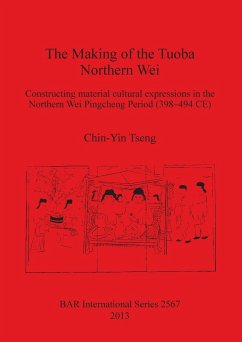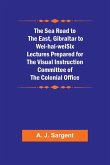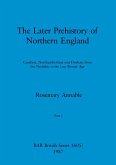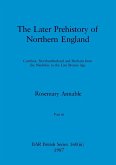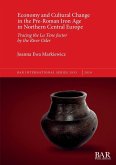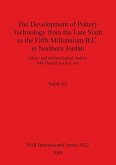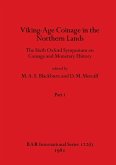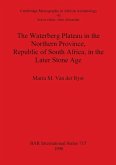The Tuoba's success in the development of the Northern Wei as a conquest dynasty in fifth-century northern China is demonstrated as a result of their ability to cross between the traditions and practices of the Chinese sphere and those of the Eurasian steppe, through the construction of a 'dual presence' in the Pingcheng period (398-494 CE). A negotiation of material culture in this formative phase of state-building allowed for new notions of kingship, dynastic identity, and representations of daily life to be (re)created. This was manifested separately through the sculptures at the Yungang grottos, tomb repertoires, as well as the concept of Pingcheng as a capital city.
Hinweis: Dieser Artikel kann nur an eine deutsche Lieferadresse ausgeliefert werden.
Hinweis: Dieser Artikel kann nur an eine deutsche Lieferadresse ausgeliefert werden.

